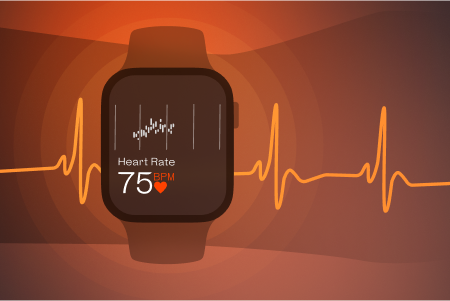
Measuring Resting Heart Rate
From manual pulse counts to the latest in app technology, dive into the transformative journey of heart rate monitoring
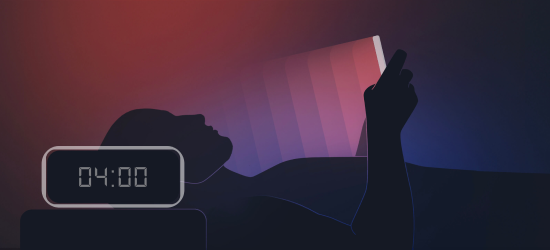
Say you’ve stayed up late a few nights, or you’re on vacation in a different time zone and struggling to fall asleep. Pulling an all-nighter to fix your sleep schedule may sound tempting, but doing so can cause more harm than good. Here’s everything you need to know about the effects of staying up all night and how sleep impacts your overall wellness.
Pulling an all-nighter is always a bad idea. Though just one all-nighter won’t wreak havoc on your body’s systems, it can still be disruptive. Several studies have found that being sleep-deprived is a lot like being drunk, leading to decreased alertness and poor decision-making. Not the best place to be if you need to work or think clearly. Sleepiness can also impair driving, resulting in “drowsy driving,” where drivers are less attentive and have slower reaction times.
The reason missing out on sleep throws you out of sync is because staying up all night impacts your body’s circadian rhythm or how it operates in a 24-hour cycle. Your circadian rhythm is regulated by a biological clock that helps you associate darkness with going to sleep and light with waking up.
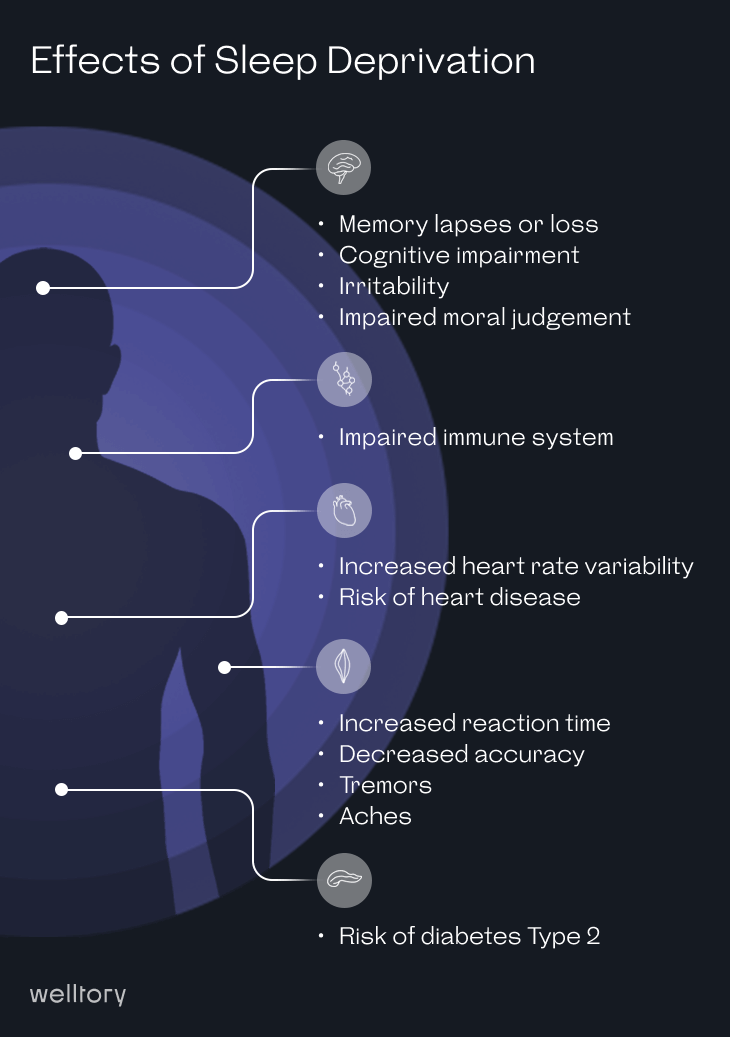
Your biological clock is also responsible for regulating hormone release, eating habits, digestion, and body temperature. Not surprisingly, long-term sleep loss, or getting less than seven hours of sleep per night on the reg, can impact the cardiovascular, endocrine, immune, and nervous systems. Chronic sleep loss can also affect memory consolidation, making you more prone to forgetting things and making it difficult to retain new information or skills. Plus, sleep deprivation can reduce cognitive performance, potentially impacting your work and studies.
In addition to playing a critical role in your physical health and your performance, sleep is also important for mental health. Consistently missing out on sleep can affect your mood, contribute to anxiety, and add to symptoms of depression. Not getting enough z’s can increase stress levels and make you more irritable, affecting your relationships and your general sense of well-being.
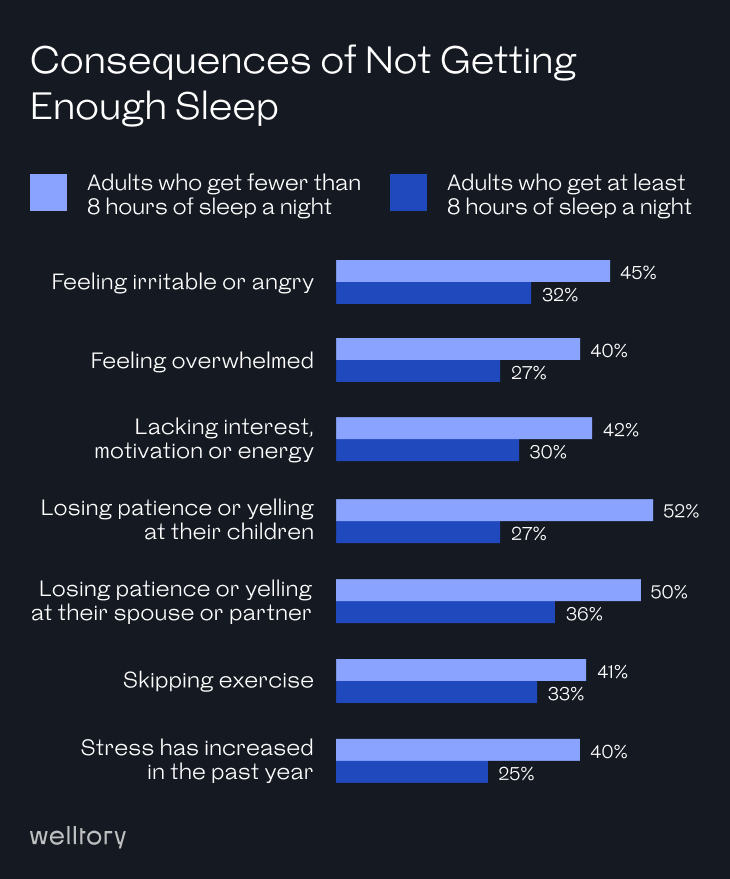
Many of us have been there. You may have lied awake in bed thinking, “It’s 3 a.m., and I can’t sleep. Should I just stay up all night?” If your sleep schedule is already too far gone, you might opt for staying up all night instead of getting a couple of hours of sleep. Yet which is better for you?
At the end of the day, getting any sleep is better than none at all. A full sleep cycle takes 90-110 minutes to complete, which means even two hours of sleep is enough to give your body at least some energy when you wake up. It also helps significantly reduce daytime grogginess.
Just a few hours of sleep is enough to reach non-REM sleep or the deep sleep stage that helps you feel refreshed in the morning. You can also get the essential REM sleep, which plays a vital role in memory, emotional processing, learning, and healthy brain development.
If you can’t sleep, don’t just stay up all night. Instead, aim for a few hours of shut-eye.
Get Welltory
for better sleep
Get Welltory
for better sleep
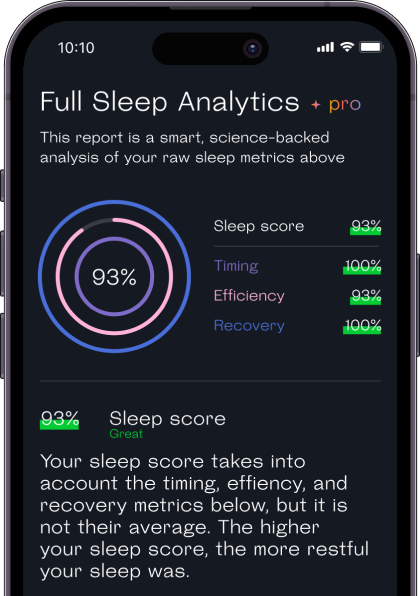
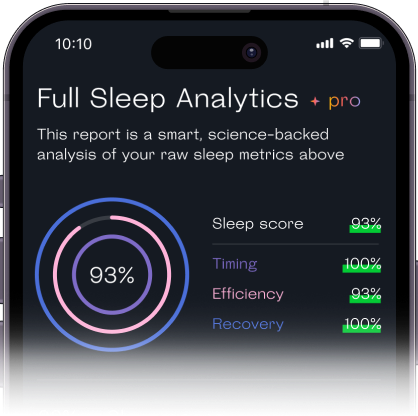

If you’ve already pulled an all-nighter, there are a few things you can do to overcome the ensuing daytime sleepiness, function better, and fall asleep the following night.
Even if you employ all of the above strategies, keep in mind that sleep deprivation can take several days to recover from, so it’s important to avoid it if possible.
There are actionable steps you can take to fix your sleeping schedule that don’t require pulling an all-nighter so you can get back on your sleep schedule in a safe and healthy way.
If you want to find out how these practices affect your sleep quality, track your sleep with your Apple Watch or a sleep app like Sleep Cycle and check your sleep score with Welltory to see if you’ve improved. You’ll get recommendations for small steps you can take to fall asleep faster and stay asleep more soundly.
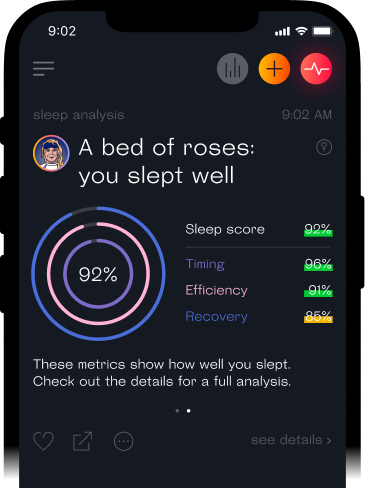
Can’t sleep? Don’t just stay up all night. All-nighters should be a last resort since they can have both short-term and long-term adverse effects on your body and overall sleep patterns.
In addition to the recommendations above for how to fix your sleeping schedule, Welltory can help you track your health, stress, and energy levels, giving you a better understanding of how sleep (or lack of it) affects your body. Take regular measurements, check the My Data tab to see how your lifestyle choices affect your sleep, and feel empowered to make decisions that help you sleep and live better.
Welltory Team, 25 Sept. 2022

From manual pulse counts to the latest in app technology, dive into the transformative journey of heart rate monitoring
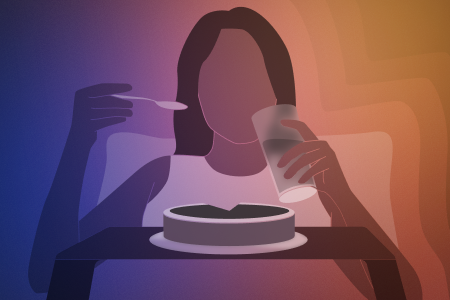
Discover the intricate relationship between late-night eating and its impact on sleep duration and quality
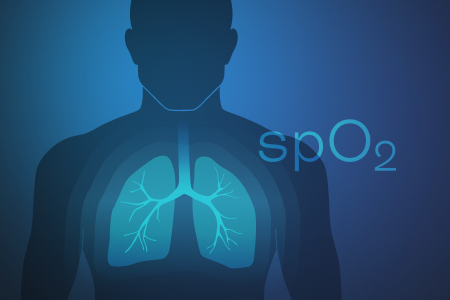
From boosting cognitive function to enhancing physical performance, discover the impact of blood oxygen levels on various aspects of health
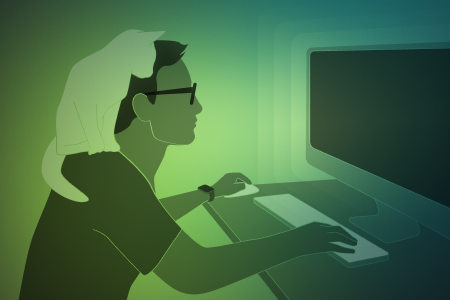
The relationship between stress and productivity and how Welltory can help you plan better
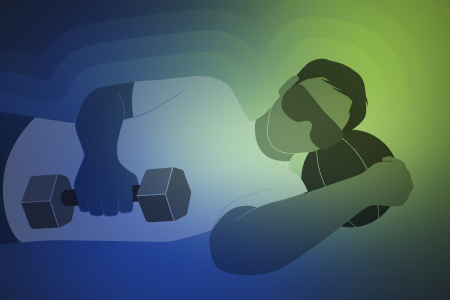
Does sleeping burn any calories, should you exercise right before bed and how much do you need to sleep to burn a 1000 Cal
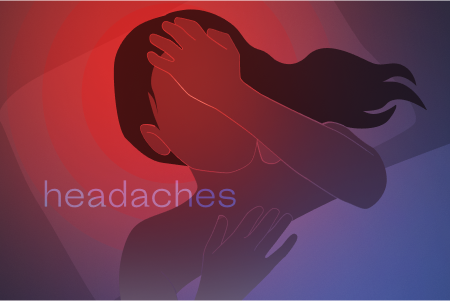
All you needed to know about headaches at night – types of nighttime headaches, their causes, possible treatment and how to avoid them.
 App Store
App Store
 Google Play
Google Play
 Huawei AppGallery
Huawei AppGallery
 Galaxy Store
Galaxy Store







